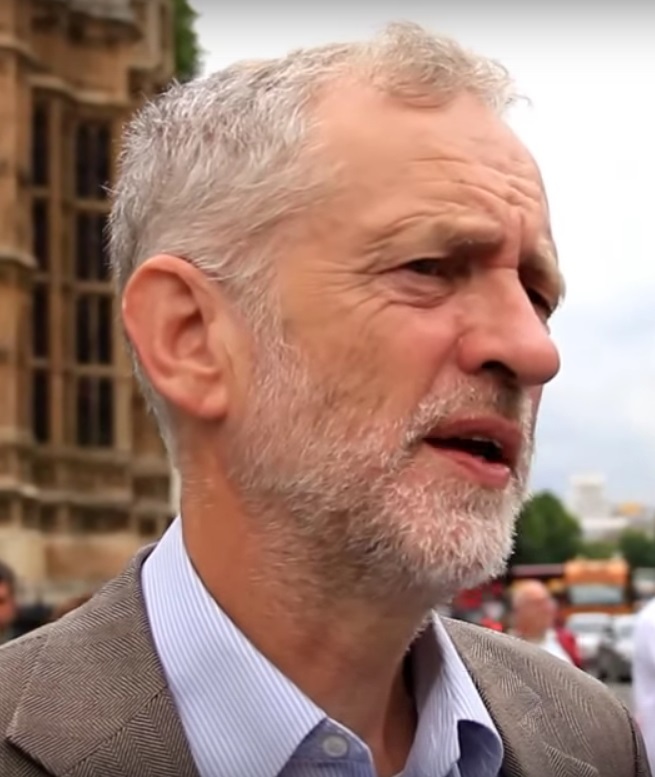Frances Everett, BA International Relations and Development Studies
The Labour Party has recently been faced with the long rumoured departure of numerous MPs from the party, who have styled themselves as ‘The Independent Group’. On 18 February, seven MPs announced the move as a protest against Jeremy Corbyn’s leadership of the party, including his stance on Brexit and the handling of the continuing anti-Semitism dispute which is plaguing the Labour Party.
Seven Labour MPs quit the party initially; Luciana Berger, Chuka Umunna, Chris Leslie, Angela Smith, Mike Gapes, Ann Coffey and Gavin Shuker. The group encouraged others to follow suit and join them against the “machine politics” of the “hard left” and “hard right”. A further Labour MP, Joan Ryan, subsequently joined their ranks along with three Conservatives.
The Independent Group is initially operating as a separate group within parliament but is not a new party, as they say, they do not have major funding or a party infrastructure as of yet.
According to the group, Labour has failed “to provide a strong and coherent alternative to the Conservatives’ approach” to Brexit which, they argue, “threatens to destabilise the British economy in pursuit of ideological objectives” and “would weaken our national security”.
Lucinda Berger, a Jewish MP, gave the reason that she could not remain in a party that had become “institutionally anti-Semitic”.
Jeremy Corbyn responded that “now more than ever is the time to bring people together to build a better future for us all”, while Shadow Chancellor John McDonnell called on the defectors to do the “honourable thing” by standing down to allow for by-elections which would provide them with a refreshed mandate. The group, however, refuses to stand down, arguing that it would be inappropriate during the current moment of political disturbance as a result of Brexit.
“a crisis for the soul of the Labour Party”.
Deputy Leader of Labour, Tom Watson, has warned that change is needed within the party for fear of more disgruntled MPs resigning. He said “I love this party — but sometimes I no longer recognise it”, as well as calling on Corbyn to engage in “a crisis for the soul of the Labour Party”. To counter this, he has created a centrist group within the party to provide a forum for debate for those who fall closer to the centre of the spectrum of British politics.
Watson also said that he would take personal charge of anti-Semitism and bullying cases within the party. Jon Lansman who is the founder of Momentum, the organisation that campaigns for Jeremy Corbyn, has said that anti-Semitism is a widespread problem in the Labour party and that many have “hardcore anti-Semitic opinions”.
Although the Independent Group was founded on anti-prejudice rhetoric, only hours after the group was founded did Angela Smith in a TV debate refer to people with BAME (black, Asian, minority ethnic) backgrounds as having a “funny tinge”, referring to skin colour. Smith later apologised for having “misspoke” and stated that “it’s not what I am, I am committed to fighting racism wherever I find it in our society”.
Time only will tell as to the future of the main parties, as defector Chuka Umunna argues that “the established parties are not up to this challenge… they have failed to fulfil their duties with the competence the public deserves”.
Photo Credits: Wikimedia Commons
